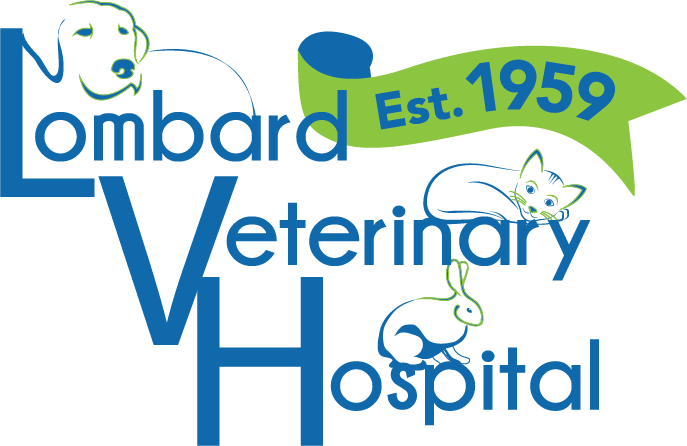Resources
Our resource page serves as a trusted hub for pet owners seeking reliable information on veterinary resources and latest research in the field of animal rehabilitation. We believe that education is the cornerstone of responsible pet ownership, and by providing accurate and accessible information, we aim to foster a culture of proactive healthcare and ultimately enhance the well-being and longevity of our furry companions.
- The American Association of Rehabilitation Veterinarians https://www.rehabvets.org/index.lasso
- Animal Physical Therapy Special Interest Group (APTSIG) https://www.orthopt.org/content/special-interest-groups/animal-physical-therap
- CARE: Canine Arthritis Resources and Education provides free tips and information to manage your animal’s arthritis. https://caninearthritis.org/
- Help ‘Em Up: Choosing the right harness. https://helpemup.com/
- Pawz Dog Boots: Waterproof, reusable boots for dogs. https://pawzdogboots.com/
- K9 Carts: Reliable custom-fit carts. https://k9carts.com/
- Assisi LOOP: Safe, FDA-cleared drug-free alternative for treatment pain, inflammation, and more. https://assisianimalhealth.com/
- Hero Brace: The only dog brace made exclusively to last the life of your dog. https://goherogo.com/
- AAHA Nutrition and Weight Management Guidelines for Dogs and Cats https://www.aaha.org/resources/2021-aaha-nutrition-and-weight-management-guidelines/
5 Quick Tips for Successful Rehabilitation
1. Consistency with Home Exercise Program
- Regularly perform the prescribed exercises to ensure steady progress and effective results.
2. Follow the Therapist's Instructions
- Adhere to all guidelines and recommendations provided by the rehabilitation therapist to avoid setbacks.
3. Maintain a Balanced Diet
- Ensure your pet follows a nutritious diet to support healing and overall health.
4. Monitor Your Pet’s Progress
- Keep track of improvements and any changes in your pet’s condition to report to the therapist.
5. Use High-Reward Treats
- Identify a high-reward treat that your pet loves to boost their engagement and motivation during rehabilitation sessions.
Facts and Questions about Rehabilitation
Is this similar to human physical therapy?
- Yes, animal rehabilitation is similar to human physical therapy. It utilizes many of the same techniques and principles to restore function, reduce pain, and improve mobility, but it is specifically adapted to meet the unique needs of animals.
Can rehabilitation harm my pet?
- Rehabilitation is carefully tailored to each pet's specific needs and conditions. Under the guidance of certified rehabilitation therapists and highly trained rehabilitation assistants, the risk of harm is minimal. Our team ensures all exercises and treatments are safe and appropriate for your pet’s health status.
How long can it take to see results?
- The time to see results varies depending on the pet’s condition, the severity of their functional deficits, and other contributing factors. Some pets may show improvement within a few sessions, while others might take several weeks or months to achieve significant progress.
What conditions can benefit from animal rehabilitation?
- Conditions that benefit from rehabilitation include post-operative recovery, orthopedic issues, neurologic disorders, soft tissue injuries, muscle injuries, sprains, strains, osteoarthritis, degenerative conditions, sports-related injuries, and obesity.
Is animal rehabilitation suitable for pets of all ages?
- Yes, rehabilitation can benefit pets of all ages, from young animals recovering from injuries to senior pets managing chronic conditions.
What types of therapies are included in rehabilitation?
- Therapies may include therapeutic exercises, manual therapy, massage, laser therapy, gait analysis, electrical stimulation, and the use of assistive devices. Each therapy is chosen based on the pet’s specific needs and condition.
How often should my pet attend rehabilitation sessions?
- The frequency of sessions depends on the individual treatment plan. Typically, pets attend 1-2 sessions per week, but this can vary based on the therapist’s recommendations and the pet’s progress.
What are the benefits of animal rehabilitation?
- Benefits include pain relief, improved mobility and flexibility, increased muscle strength, better coordination and balance, enhanced mental and emotional well-being, and prevention of secondary complications.
How do I know if my pet needs rehabilitation?
- If your pet is recovering from surgery, has a chronic condition affecting mobility, or shows signs of pain or discomfort, rehabilitation might be beneficial. Consult with your veterinarian or a certified rehabilitation therapist for an evaluation.
Can rehabilitation help with weight management?
- Yes, our rehabilitation programs often include fitness and exercise components that aid in weight management, helping pets achieve and maintain a healthy body condition.
Should I have my pet eat before rehab?
- If you can avoid feeding your pet before rehabilitation sessions, it will help increase their engagement and participation in the activities.
How do I schedule an appointment for my pet’s rehabilitation?
To schedule an appointment, call us at (630) 627-7090 or click the “Request an Appointment” link on our website. Our team will assist you in setting up a consultation and creating a personalized rehabilitation plan for your pet.

